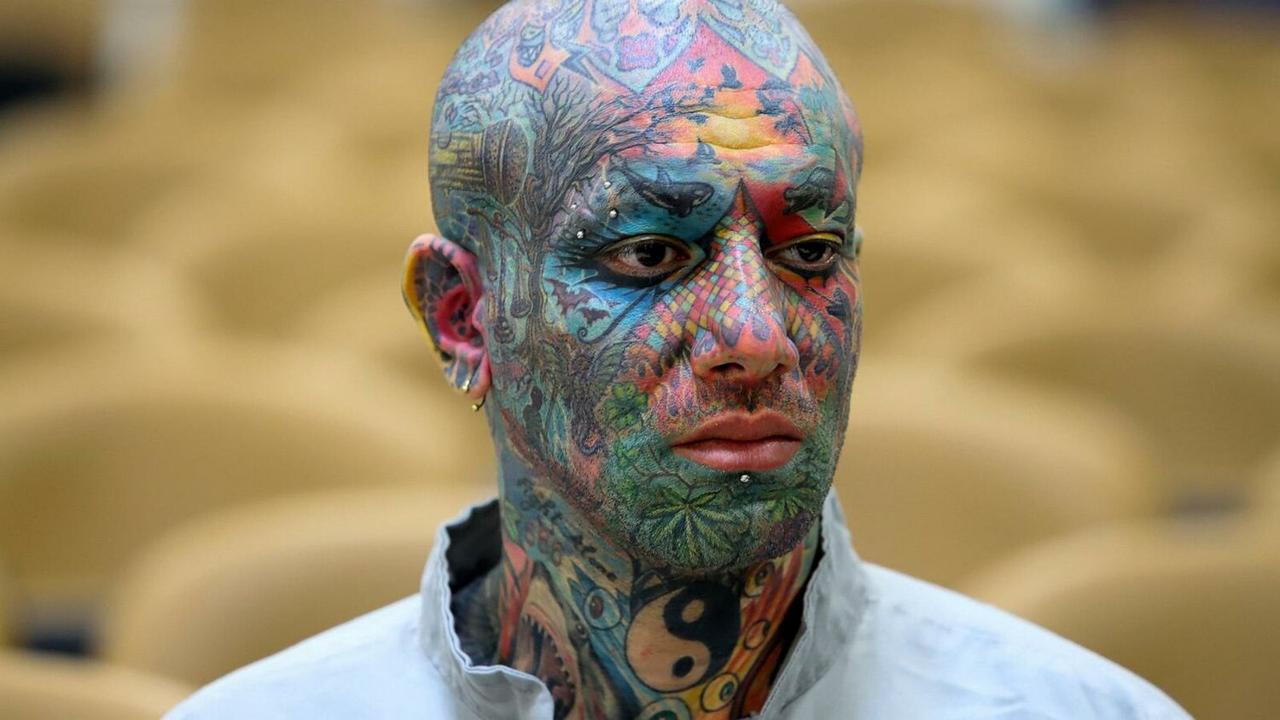
Amir Tataloo, born Amir Hussain Maghsoudloo, a renowned Iranian rapper and one of the country’s first underground hip-hop artists, has had his death sentence upheld by Iran’s Supreme Court on charges of "insulting Prophet Muhammad."
The controversial decision follows Tataloo's 2023 deportation from Türkiye to Iran after his passport expired—despite protections under the European Convention on Human Rights (ECHR), which Türkiye is a signatory to.
Tataloo, 38, was a pioneer in Persian-language R&B and became the first Iranian artist to sign with Universal Music Group in 2021.
Known for his outspoken criticism of Iran's morality police, advocacy for women’s rights, and support for veganism and meditation, he had a unique voice in the Iranian music scene.
Initially embraced by the Iranian regime for his popularity, Tataloo faced increasing censorship and pressure starting in 2016. In 2018, he moved to Türkiye, where he continued to criticize Iran’s hardline policies, including compulsory hijab laws.
During the 2022 Jina Mahsa Amini protests, Tataloo publicly broke ties with the regime, amplifying his support for civil liberties.
After his passport expired, Tataloo lost his legal residence in Türkiye. He was detained at Istanbul Airport and later deported to Iran at the request of Iranian authorities, citing charges of “immoral behavior” and “promoting drug use.”
Interpol reportedly facilitated the extradition, sparking widespread condemnation from human rights groups.
Initially sentenced to five years in prison, Tataloo’s conviction was overturned.
However, in a retrial, he received the death penalty.
The Iranian Supreme Court has now confirmed the sentence, raising alarm among international observers.
Human rights organizations, artists, and activists have launched a global campaign to halt the execution.
According to Bianet, Oxford University’s Death Penalty Research Unit condemned Türkiye’s decision to extradite Tataloo, calling it a violation of ECHR obligations.
Holly Dagres of the Washington Institute for Near East Policy stated that the execution is intended not merely as punishment for song lyrics but to silence a powerful cultural voice.
Abbas Milani of Stanford University warned that this execution could trigger an unpredictable cultural and political backlash against the regime.